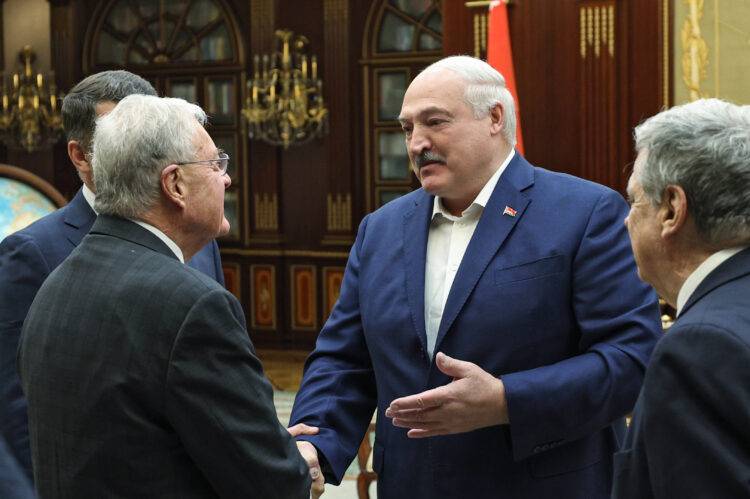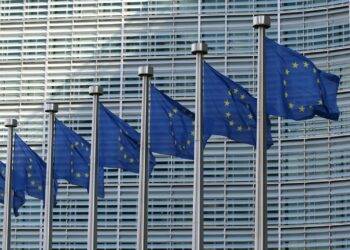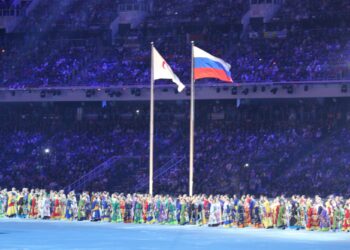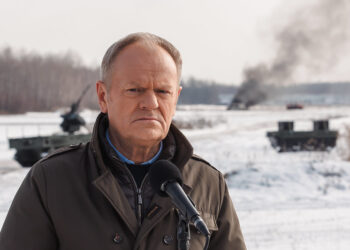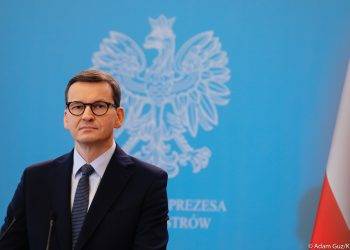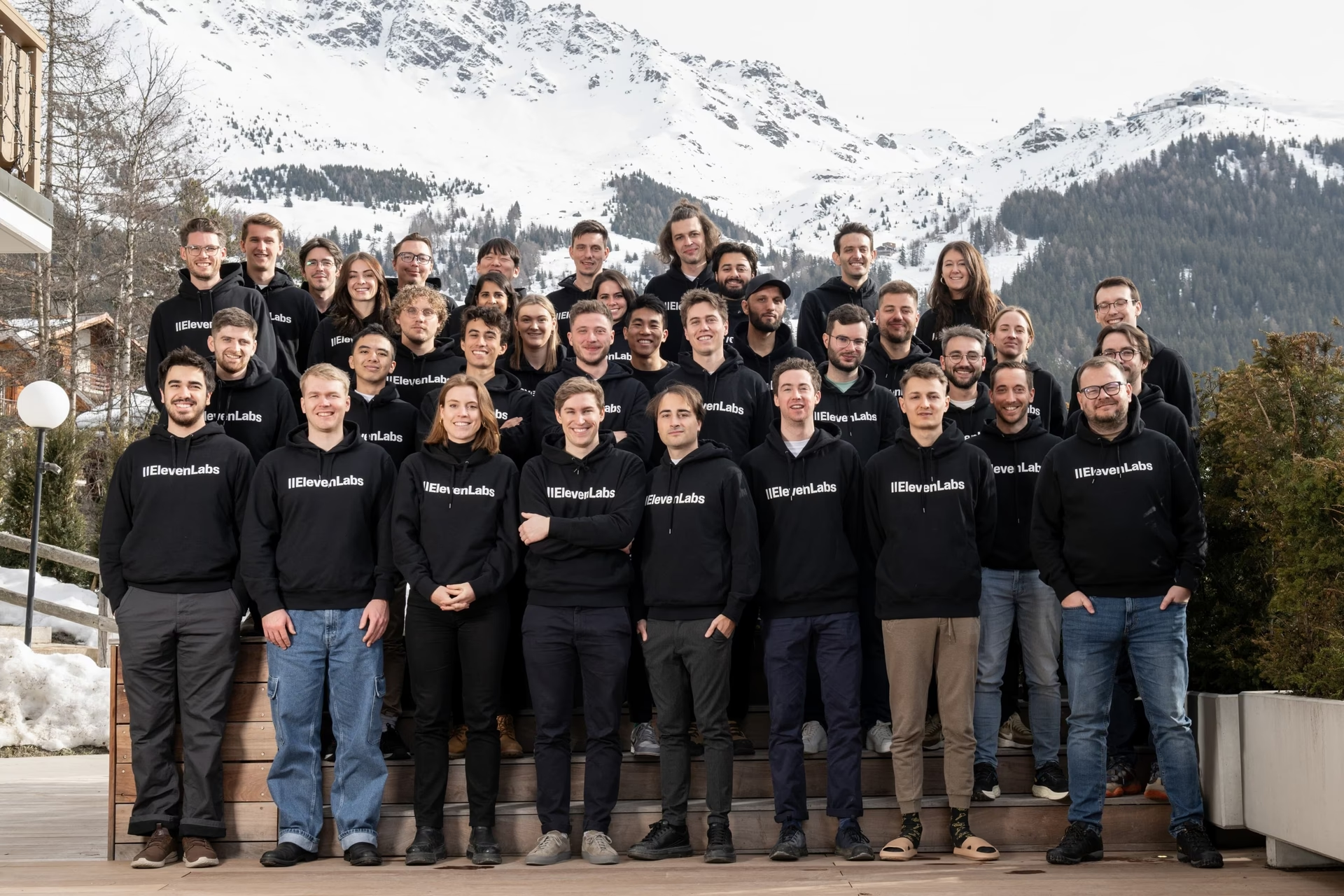In a significant development following diplomatic negotiations, Belarus has released 52 prisoners of various nationalities, including Polish citizens, according to official statements from multiple European leaders and diplomatic sources on Thursday. The move seen as a significant gesture to improve relations with the United States, following a direct appeal from U.S. President Donald Trump. The prisoners, who had been described by the U.S. as “hostages,” were escorted to Lithuania alongside a U.S. delegation that helped negotiate their release.
The freed individuals crossed safely into Lithuania after being transported out of Belarus, the U.S. Embassy in Lithuania confirmed. Authorities said the group included political activists, journalists, and foreign nationals who had previously been held in Belarusian prisons for their involvement in opposition activities or protests against the regime of President Alexander Lukashenko.
President Alexander Lukashenko, who has held power in Belarus for more than three decades and is known as a close ally of Russian President Vladimir Putin, responded to Trump’s request after the U.S. leader pushed for the liberation of several detainees during recent conversations and social media posts.
In return, the U.S. administration announced the easing of some sanctions against Belarus, specifically granting relief to the country’s national airline, Belavia. The measure allows Belavia to service and purchase components—including Boeing aircraft—for its fleet, a move intended to restore some economic ties previously severed due to Belarus’s international isolation.
Lithuanian President Gitanas Nausėda confirmed that among those released were six Lithuanian citizens, along with nationals from the United Kingdom, Latvia, Poland, Germany, and France. Nausėda emphasized that Thursday’s release, while a step forward, is only partial relief for the international community monitoring Belarus’ political prisoner crisis. “52 prisoners have crossed the Lithuanian border from Belarus,” Nausėda wrote on social media. “It is a large number, but over 1,000 political prisoners remain behind bars in Belarus.”
The Polish Foreign Ministry spokesperson Paweł Wroński confirmed that Poles are among the detainees released and currently en route from Belarus. However, he refrained from publishing the full list of released individuals immediately, stating that further details would be provided by the ministry soon. Notably absent from the group is Andrzej Poczobut, a prominent Polish journalist whose continued detention by Belarusian authorities has drawn international condemnation.
Sviatlana Tsikhanouskaya, leader of the Belarusian opposition in exile, acknowledged the development but emphasized its limited scope. “We welcome their release, but in essence, this is a trade in human lives—people who should never have been imprisoned in the first place,” Tsikhanouskaya said, urging that European Union sanctions on Belarus remain until democratic reforms are enacted. She noted that the 52 inmates represented only about 4% of those recognized as political prisoners.
John Coale, a lawyer who led the U.S. delegation, said that President Trump delivered a personal letter to Lukashenko, signing it simply as “Donald”—a gesture described by Coale as a rare and personal act of friendship. Lukashenko, in remarks covered by local media, indicated his willingness to continue negotiations and praised Trump’s stated commitment to pursuing peace in Ukraine. “Our main task is to stand with Trump and help him in his mission to establish peace,” Lukashenko stated, reiterating support for Trump’s peace initiatives.
Reports from Belarusian state agency BiełTA stated that President Lukashenko extended clemency to 14 foreign nationals, including two Polish citizens. Other released foreign nationals included six Lithuanians, two Latvians, two Germans, one French, and one British citizen.
The release followed negotiations led in part by U.S. diplomats in Minsk, who then accompanied the freed prisoners to Vilnius. High-profile Belarusian political figures, including opposition leader Mikołaj Statkiewicz and public intellectual Uładzimir Mackiewicz, were named among the released, according to independent Belarusian media.
The move comes amid renewed pressure on the Lukashenko regime from Western countries demanding the release of all political prisoners and an end to crackdowns on dissent. International observers note that while the release is a positive step, the broader humanitarian situation in Belarus remains a pressing concern with hundreds of activists, journalists, and protest participants still incarcerated.
Further updates from national governments and advocacy organizations are expected regarding the identities and welfare of those released and the ongoing international response to Belarus’ detention policies.
The prisoner release also came a day after Poland reported shooting down Russian drones and ahead of joint Russian-Belarusian military exercises, events underscoring the regional tensions in which Belarus is entangled. Although Belarus allowed Russian forces to use its territory during the 2022 invasion of Ukraine, its own military has not been directly involved in the conflict.

